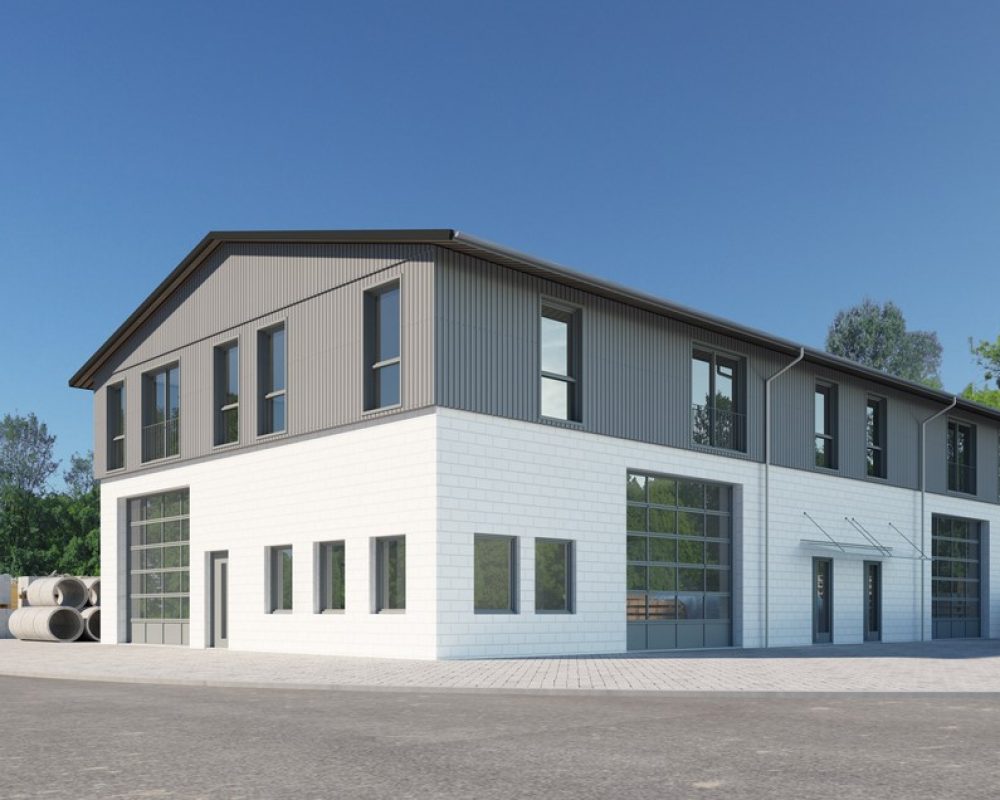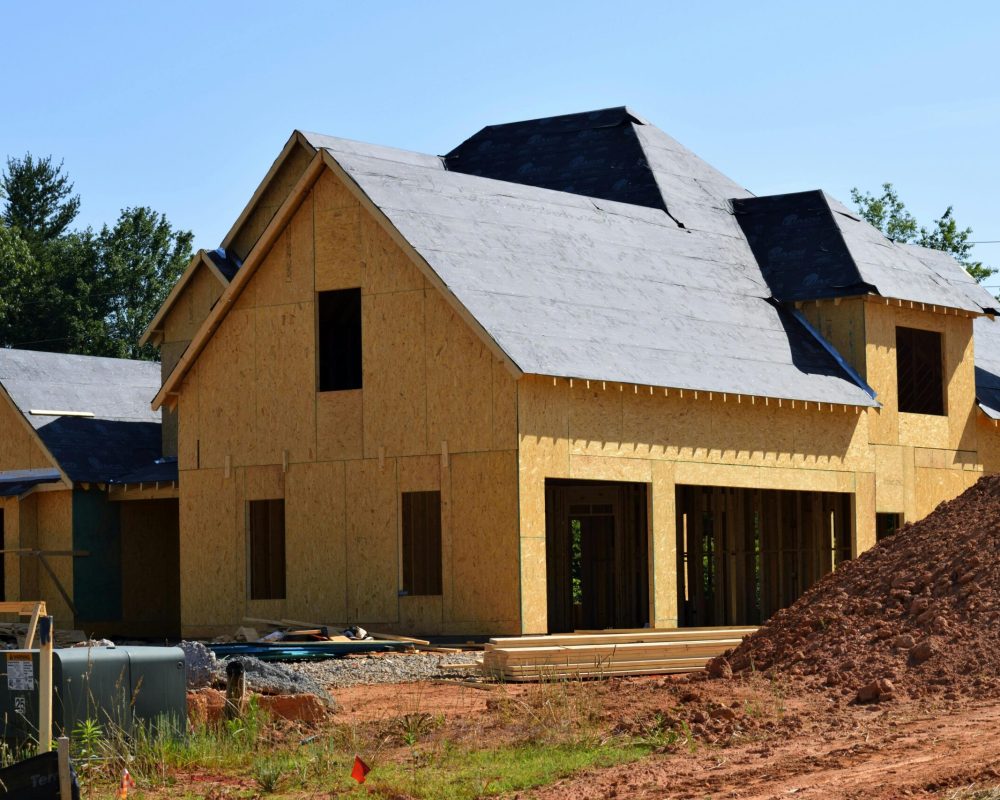
Real Estate Loan
Purchasing real estate is a significant turning point for any person, a crucial milestone in life. It is still considered one of the most important tools for achieving economic wealth in the United States. However, like all investments, there are risks involved, so it’s important to have accurate information and manage real estate diligently with thorough planning to minimize losses and build wealth.
Real estate loans are typically long-term loans, so the difference in interest rates can be significant. Depending on your plan, you can choose between fixed or variable rates and repayment periods.
We offer not just one mortgage program, but through our network and partnerships across the United States, we assist in obtaining the best loan conditions in the current market from over 100 real estate loan programs tailored to individual situations.
- Commercial real estate buildings can also have a 30-year fixed interest rate.
- A 10% down payment is possible when purchasing commercial real estate for business use.
- Cash Out: Refinancing your already owned property to secure funds.
Real Estate Loan Programs
* What is Cash Out?
Cash-out in a mortgage refers to obtaining additional funds by using your already owned property as collateral. This can happen when the value of the property has increased or when you have paid off a previous loan. Through cash-out, property owners can leverage the value of their real estate assets to obtain additional funds.
* Fixed Interest Rate vs. Variable Interest Rate :
- Fixed Interest Rate: A fixed interest rate refers to when the interest rate on a loan or deposit remains constant throughout the term of the contract. This means that the amount of interest paid remains constant, providing high predictability and low volatility. Since the interest payment remains the same when repaying a loan, the risk of unexpected interest rate increases is reduced.
- Variable Interest Rate: A variable interest rate refers to when the interest rate on a loan or deposit fluctuates according to market conditions. It can rise or fall depending on market interest rates or other factors. While a variable interest rate can lead to unexpected costs as the interest payment can change, it can also be beneficial if market interest rates decrease.



